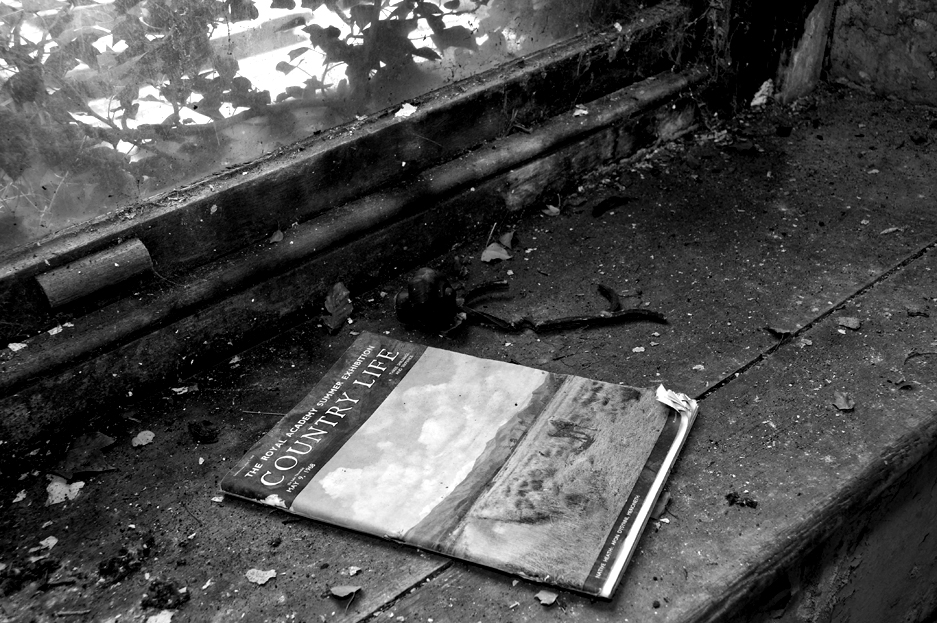What do insurers consider to be an unoccupied building?

The insurance industry has a fairly uniform view of what they consider to be an unoccupied building. In the context of residential property, this usually means a building that does not have sufficient contents for human habitation or which has had nobody living in it for thirty days or more.
A standard household insurer will specify within their insurance contract what cover will or will not apply following either of the above statements coming true. Some may restrict cover to certain perils; others may exclude cover altogether.
In the context of residential property, this usually means a building that does not have sufficient contents for human habitation or which has had nobody living in it for thirty days or more.
If your building is likely to be unoccupied for a significant amount of time, you are almost always better to buy specific unoccupied buildings insurance where the underwriter has understood the risk as it has been presented and supplies a policy that acknowledges the risks involved.
If you do not advise your insurer when the property becomes unoccupied it could constitute a breach of policy conditions or the premise of utmost good faith contained in every insurance contract. This could invalidate the policy altogether.




